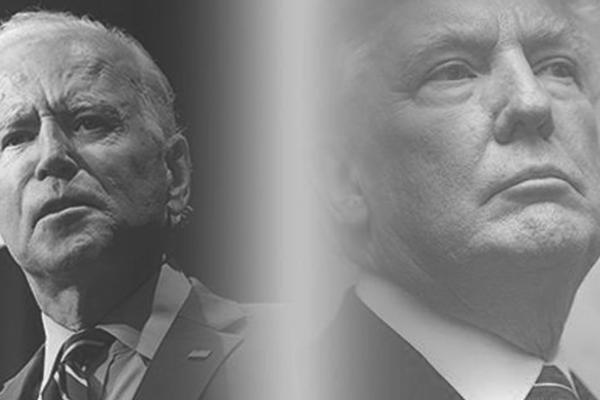What Actually Happens during the U.S. Presidential Transition?

Now that the people have voted, the country has entered the transition phase – the two months after election day and before the new Congress is sworn in (Jan. 3) and presidential inauguration day (Jan. 20). Four years after a norm-defying Trump transition, the 2020 transition is also shaping up to be unusual: pandemic disease and the economic crisis demand urgent action, while meanwhile control of the U.S. Senate will be decided by two run-off elections, and the incumbent President refuses to concede.
On Monday, November 16, the Mershon Center Security and Governance Research Cluster cosponsored a panel discussion that hosted top national experts and current practitioners on the just-started hand-off of power at the federal level and what to expect with this year's many uncertainties.
The panel and what they addressed:
- Prof. Dakota Rudesill, Moritz College of Law, and former member of the Obama-Biden Transition Team – moderator
- Prof. Ned Foley, Moritz College of Law, and Director of Election Law at Ohio State – status of the presidential election and key legal process steps ahead
- Martha Joynt Kumar, Director, White House Transition Project – how presidential transitions work
- Megan Cassella, Politico reporter- how current transition is going
- David Priess, former CIA officer – intelligence briefings for new spymasters
- Petra Smeltzer, member of the Biden-Harris Transition Team, and former Obama White House Associate Counsel – ethics and avoiding conflicts of interest
- Bill Dauster, former Counsel to the Senate Majority Leader – the transition in Congress, and resolving election disputes
